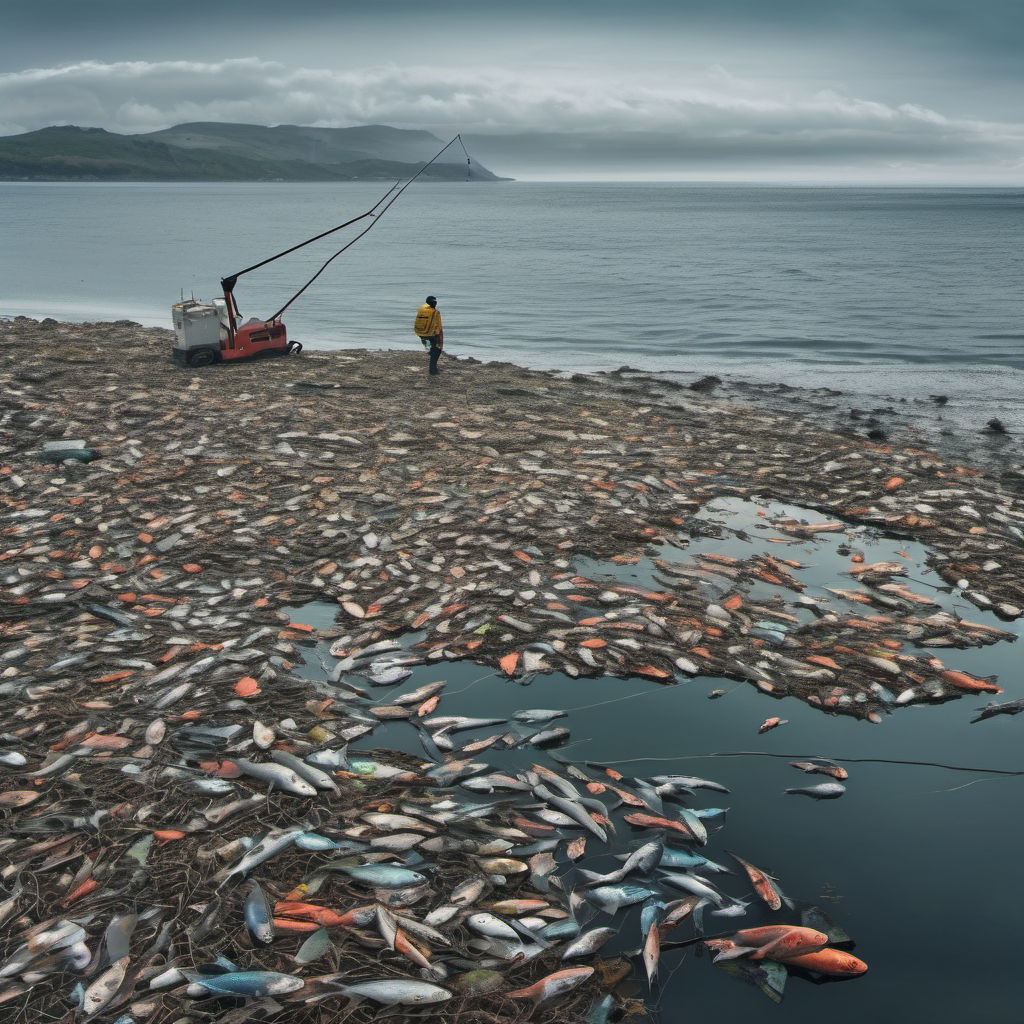The Urgency of Conservation: Protecting Our Natural Heritage
Nature's grandeur, from the lush rainforests to the arid deserts, from the serene oceans to the towering mountains, forms an integral part of our planet's identity. These ecosystems not only provide aesthetic pleasure but also sustain life through a complex web of biodiversity. However, the rapid pace of human development poses a significant threat to these natural treasures. The conservation of nature has thus become an urgent global priority. In this blog, we'll explore the importance of conservation, the challenges we face, and the steps we can take to protect our natural heritage.
Why Conservation Matters
-
Biodiversity Preservation: Every species, no matter how small, plays a crucial role in maintaining ecological balance. The extinction of even a single species can disrupt food chains and lead to unforeseen consequences.
-
Climate Regulation: Forests, wetlands, and oceans act as carbon sinks, absorbing large amounts of CO2 from the atmosphere. Protecting these areas is essential in mitigating the effects of climate change.
-
Resource Sustainability: Natural resources like water, soil, and minerals are finite. Conservation ensures that these resources are available for future generations.
-
Cultural and Recreational Value: Natural landscapes and wildlife are deeply intertwined with cultural identities and provide recreational opportunities that enhance our quality of life.
Challenges in Conservation
-
Deforestation: Logging, agriculture, and urbanization are leading causes of deforestation, resulting in habitat loss and decreased biodiversity.
-
Pollution: Industrial activities and waste disposal pollute air, water, and soil, adversely affecting both human and animal health.
-
Climate Change: Rising temperatures and changing weather patterns disrupt ecosystems, leading to species migration and habitat destruction.
-
Overexploitation: Overfishing, hunting, and the illegal wildlife trade threaten many species with extinction.
-
Invasive Species: Non-native species can outcompete, prey on, or bring diseases to native species, leading to ecological imbalance.
Steps Towards Effective Conservation
-
Protected Areas: Establishing national parks, wildlife reserves, and marine sanctuaries can provide safe havens for endangered species and ecosystems.
-
Sustainable Practices: Promoting sustainable agriculture, fishing, and forestry practices can reduce environmental impact.
-
Legislation and Enforcement: Strong laws and regulations, coupled with effective enforcement, are crucial in preventing illegal activities like poaching and deforestation.
-
Community Involvement: Engaging local communities in conservation efforts ensures that they have a stake in preserving their natural surroundings.
-
Education and Awareness: Educating the public about the importance of conservation can foster a culture of respect and care for nature.
-
Research and Monitoring: Continuous research and monitoring help us understand ecological changes and devise effective conservation strategies.
Success Stories
-
The Recovery of the Bald Eagle: Once on the brink of extinction due to pesticide use and habitat loss, the bald eagle has made a remarkable comeback thanks to concerted conservation efforts in the United States.
-
Marine Protected Areas in Australia: The establishment of large marine protected areas around Australia has helped safeguard the diverse marine life of the Great Barrier Reef and other critical habitats.
-
Community-Based Conservation in Namibia: Namibia's community conservancies have successfully involved local communities in wildlife management, leading to a significant increase in wildlife populations.
Conclusion
The conservation of nature is not just a responsibility but a necessity for the survival of our planet and future generations. By understanding the importance of biodiversity, recognizing the challenges, and actively participating in conservation efforts, we can protect and restore our natural heritage. Every action, no matter how small, contributes to a larger movement towards a sustainable and harmonious coexistence with nature. Let's commit to being stewards of the Earth, ensuring that its beauty and resources endure for all time.
By embracing a holistic approach to conservation, we can address the multifaceted challenges facing our natural world. Whether through individual actions or collective initiatives, our efforts can make a profound difference. The time to act is now, for the sake of our planet and the myriad life forms it supports.

